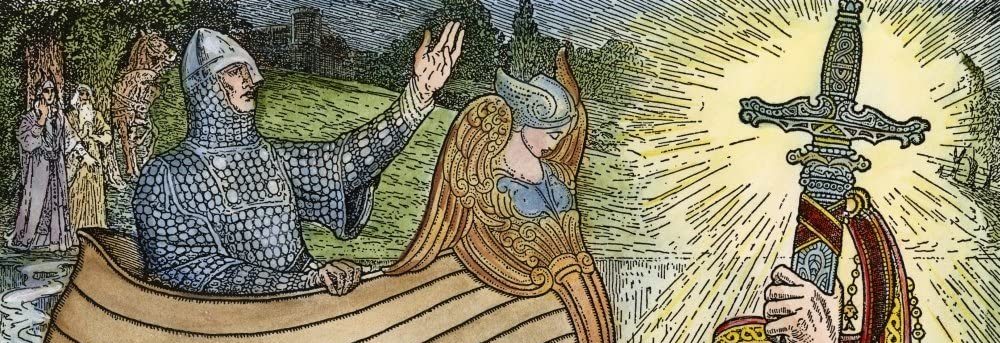Continuing along with my series on the house rule supplement I use for overland travel, we come to part four, where I’ll go over the rules for making camp (shown at the bottom). Again, my design goal here was to create interesting choices for players by limiting what they’re able to accomplish. Following a normal day of travel (three watches), each character will usually want to sleep two watches to avoid incurring penalties. This leaves one watch free for players to make choices about what they want their characters to do.
For spellcasters who need to regain some of their spells, the choice should usually be pretty easy. Spend the four hours it takes praying or studying to regain your spells. For all other characters they will need to make a choice about what they find the most important. There are essentially three options on what to spend time on: Watch, Foraging, or Healing.
At least two characters need to keep watch throughout the night if a party wants to be able to detect wandering monsters. This is a pretty straightforward decision unless your party doesn’t have enough members to accomplish all the other tasks they’d like to get done.
Typically, in retro-clones you roll for all the characters foraging as a group, but the whole point of my system is to create difficult choices for players, so I have changed foraging into an action each character needs to take separately. The main advantage to foraging is actually finding water, not food. Most groups will bring some amount of rations when they travel, but with my house rules, characters each need to drink three waterskins worth of water every day, making it easy to incur penalties if you don’t find a source of water. Unless a party is carrying enough water that they can fail to forage for a day and still have enough, the safe bet is to send two or more characters foraging. Carrying waterskins essentially gives you insurance against failing to forage.
As per standard rules in B/X and most retro-clones, HP gain from natural healing is very slow. In my house rules, I’ve opted to include additional healing options through specialists. The first healing specialist is the Cook who can prepare food that heals 1-2 HP per person (but usually 1). The main downside to the Cook is that they need a fire in order to prepare food, which means the party either needs to carry firewood along or some other character needs to spend a watch collecting firewood. The second healing specialist is the Minstrel. Anyone who spends a watch listening to the Minstrel’s music gains 1 HP. However, they can’t perform any other activities while they are listening. The final healing specialist is the Healer. They’re probably the best option (healing a single person per day 1d6+1 HP), but they’re more expensive (and therefore rarer using the economic availability rules) than the other two. They can’t heal multiple people like the Cook and Minstrel can. Unlike the other specialists however, the Healer doesn’t need to spend a watch performing an activity, which frees them up to help with foraging, keeping watch, etc.
As you can see, these rules encourage bringing a larger party along for travel, as you’ll typically want at least four non-spellcasting characters along (two to keep watch and two foragers) as well as any characters needed to perform the tasks for healing or any additional tasks. This helps encourage players to hire retainers or bring along specialists or mercenaries when traveling, and to set up a camp outside of any dungeons they explore in the wilderness. However, the more people brought along, the more expensive equipping and funding such an expedition will be. You need to supply your party with rations, waterskins, traveling equipment and the additional men and/or mounts to carry it all along.
Overland-Travel-Camping
